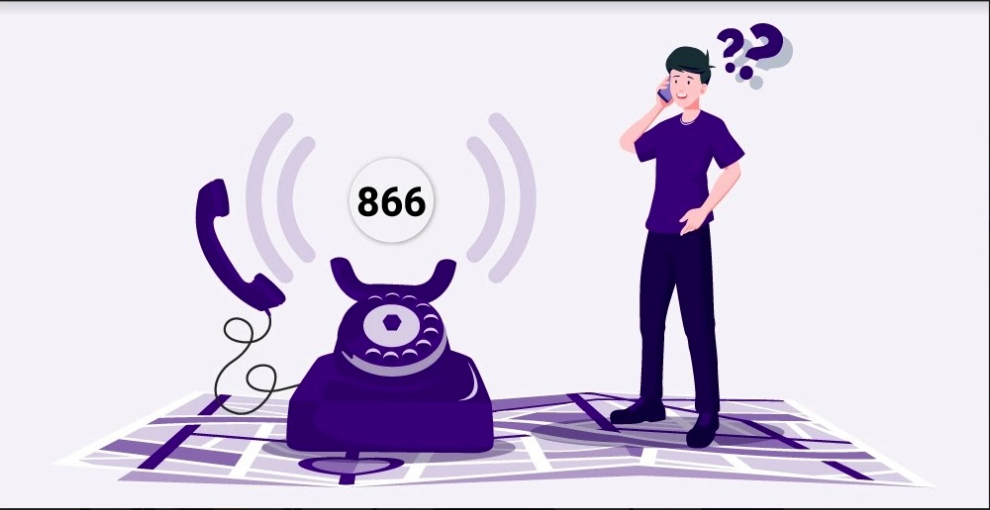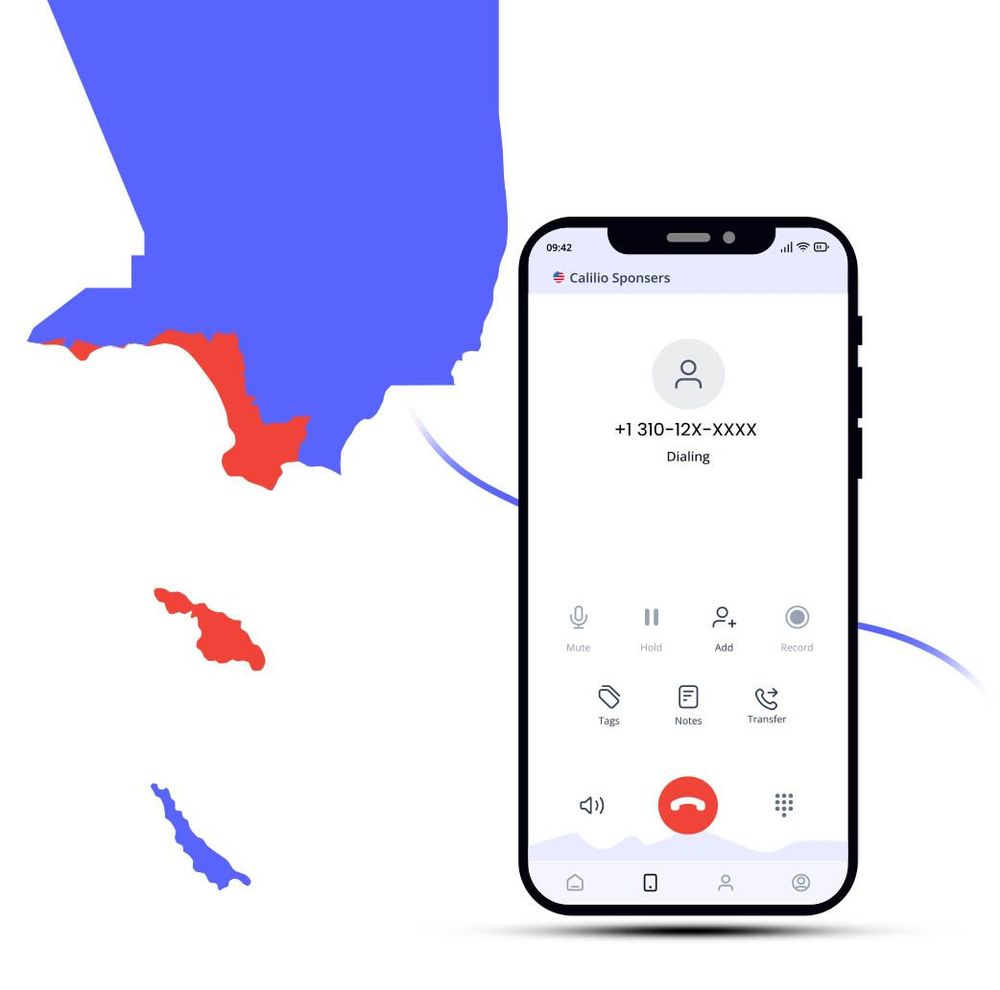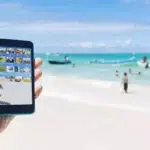Now Reading: 844 Area Code: Essential Facts You Need to Know Today
-
01
844 Area Code: Essential Facts You Need to Know Today
844 Area Code: Essential Facts You Need to Know Today
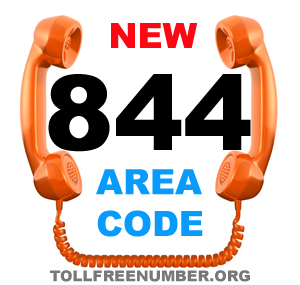
Have you ever received a call from an 844 area code and wondered who’s on the other end? You’re not alone.
The 844 area code is one of several toll-free numbers used across North America, meaning the caller isn’t charged for the call—businesses usually cover the cost. While that sounds convenient, it also opens the door for scammers and telemarketers to mask their identity behind these numbers.
If you want to protect your personal information and avoid falling victim to phone scams, understanding what the 844 area code really means and how to handle these calls is crucial. Keep reading to learn what you need to know about calls from this number and how to stay safe.
844 Area Code Basics
The 844 area code is a toll-free number. It does not belong to any specific city or state. Calls made to 844 numbers do not cost the caller money.
This area code is non-geographic. It means the number can be used anywhere in the United States or Canada. Businesses often use 844 numbers to reach customers nationwide.
Many businesses choose 844 numbers for customer service. These numbers help companies appear professional and easy to contact. Customers prefer calling toll-free numbers because they do not pay for the call.
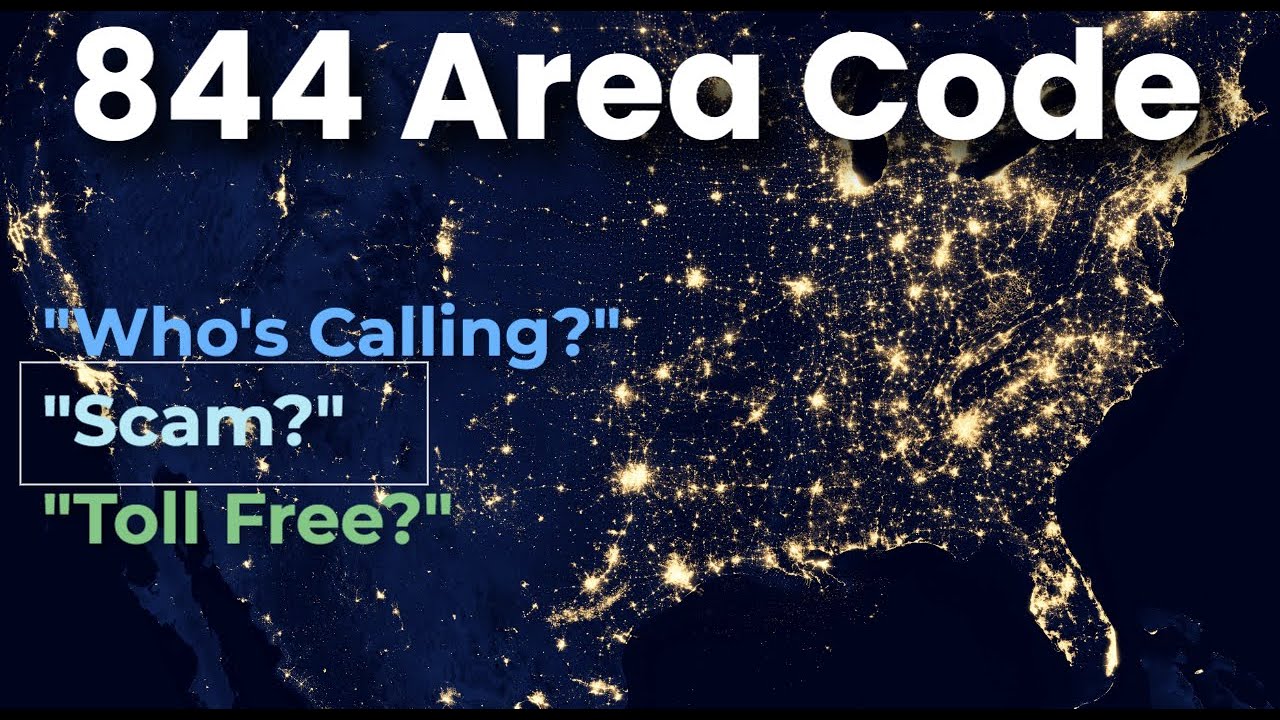
Why 844 Calls Require Caution
Caller ID spoofing tricks people by showing fake numbers. Scammers use this to hide their real phone line. They often make calls look like they come from toll-free 844 area codes. This makes people trust the call more.
Common scam strategies include pretending to be from banks or government offices. They ask for personal info or money. Sometimes, they say there is an urgent problem to scare you. Other times, they offer fake prizes or help.
- Calls may pressure you to act fast.
- Scammers might ask for credit card or bank details.
- They can also use threats or lies.
- Often, the caller sounds very official or friendly.
Handling Suspicious 844 Calls
Ignore unknown calls to avoid scams. Many suspicious 844 calls try to trick you. Let these calls go to voicemail. Check voicemail messages carefully. Real callers often leave clear info. Scammers usually do not. Avoid sharing personal infolike your address, bank details, or passwords. Never trust callers who ask for this.
Hang up on suspicious calls immediately. Do not argue or stay on the line. Scammers may try to confuse or scare you. Report scam calls to protect others. Contact the Federal Trade Commission or your local authorities. Reporting helps stop these frauds.
Spam And Scam Area Codes
Many international spam codes come from countries like Nigeria (+234), India (+91), and Jamaica (+876). These calls often try to trick people into giving money or information.
Common domestic scam codes include 900, 666, 888, and 555. These numbers might charge high fees or push fake offers.
Toll-free number scamsoften use 844, 800, 888, or 877 area codes. Scammers pretend to be from banks or companies to steal your details.
| Type | Example Area Codes | Scam Method |
|---|---|---|
| International Spam | +234 (Nigeria), +91 (India), +876 (Jamaica) | Fake lottery wins, money requests |
| Domestic Scam | 900, 666, 888, 555 | High fees, false services |
| Toll-Free Scams | 844, 800, 888, 877 | Impersonation, data theft |
Spoofing Explained
Spoofing tricks make calls look like they come from real phone numbers. Scammers use this to hide their true number. They might show a local or toll-free number to gain trust.
How spoofing works: Scammers change the caller ID to a fake number. This number often matches your area code or a familiar one. It makes you think the call is safe.
Recognizing spoofed numbers can be hard. Calls may ask for personal info or money. They often create a sense of urgency or fear. If the number looks strange or you don’t know it, be careful.
- Calls from your area code, but sounding odd.
- Requests for personal or financial details.
- Voicemails with unclear or urgent messages.
- Numbers that call repeatedly or at odd hours.
Preventing 844 Scam Calls
Letting unknown calls go to voicemail helps avoid scam calls. Most scammers do not leave messages. Legitimate callers usually leave clear details. This gives you time to decide if the call is real.
Blocking repeated callers stops persistent scam calls. Many scam callers use the same number again and again. Use your phone’s block feature to stop these calls.
Avoid calling back unknown numbers. Returning unknown calls can confirm your number is active. This may cause more spam calls or high charges. If unsure, search the number online before calling back.
844 Area Code In North America
The 844 area code is part of the North American Numbering Plan (NANP)toll-free codes. It is designed to have no geographic restrictions, meaning calls can come from anywhere in the U.S. or Canada. This code is widely used by businesses and organizations to offer free calling to customers.
Because it is toll-free, callers do not pay for the call, making it popular for customer service lines, support centers, and other business uses. The 844 code works across many states and provinces, ensuring easy access without extra charges. This helps companies maintain a professional and approachable image.
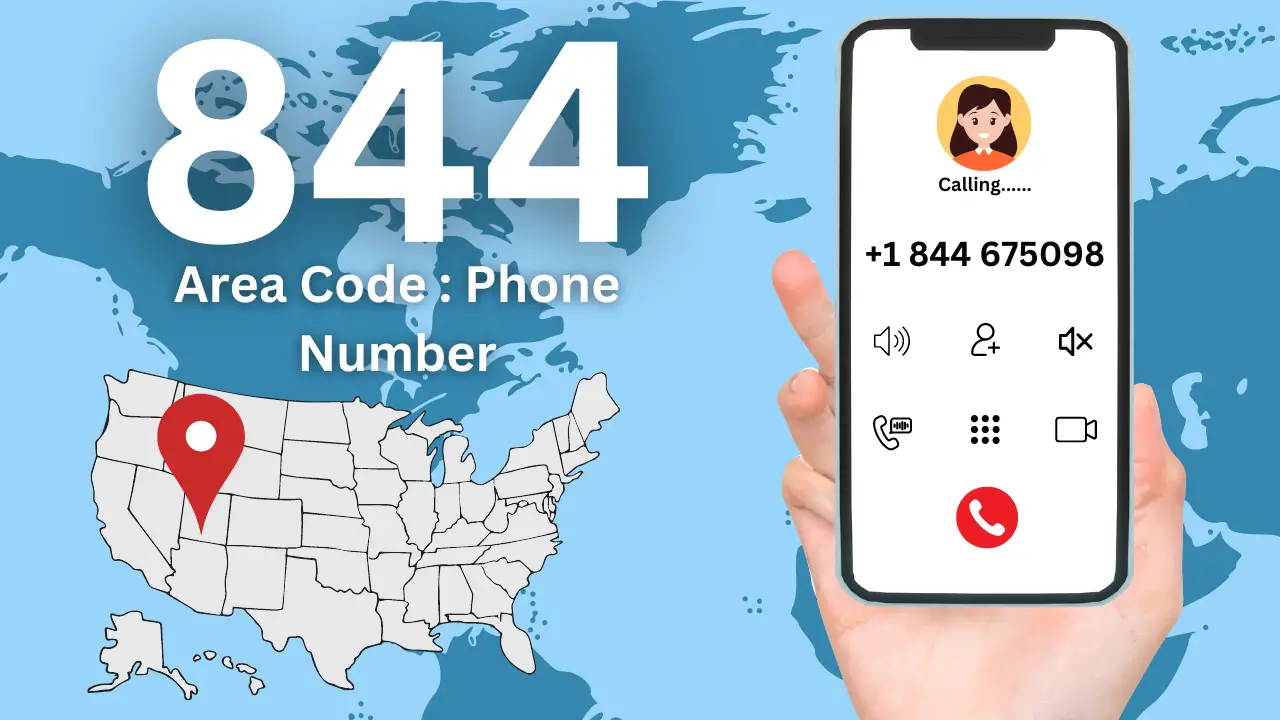
Frequently Asked Questions
Is 844 A Legitimate Area Code?
Yes, 844 is a legitimate toll-free area code in the North American Numbering Plan. It has no geographic restrictions. Businesses use 844 numbers to offer free calls to customers. Be cautious of scams using 844, as scammers can spoof any toll-free number.
Always verify unknown callers.
Where Is The 844 Area Code From?
The 844 area code is a toll-free code in the North American Numbering Plan. It does not belong to a specific location. Businesses use it to allow customers to call without charges. Calls to 844 numbers are free for callers.
How Do I Avoid 844 Spam Calls?
Avoid 844 spam calls by not answering unknown numbers and blocking suspicious ones. Never share personal details. Let calls go to voicemail and report scams to the FTC or FCC.
What Are Common Spam Call Area Codes?
Common spam call area codes include toll-free numbers like 800, 888, 877, 866, 855, and local codes such as 305, 470, 754, 424, and international codes often spoofed by scammers.
Conclusion
The 844 area code is a toll-free number used by many businesses. It does not show a specific location. Scammers often use such numbers to trick people. Stay alert and protect your personal information. Do not answer calls you don’t recognize.
Let unknown calls go to voicemail. Always verify the caller before sharing details. Report any suspicious calls to authorities. Staying cautious helps you avoid scams and unwanted calls. Remember, your safety comes first with every phone call.











